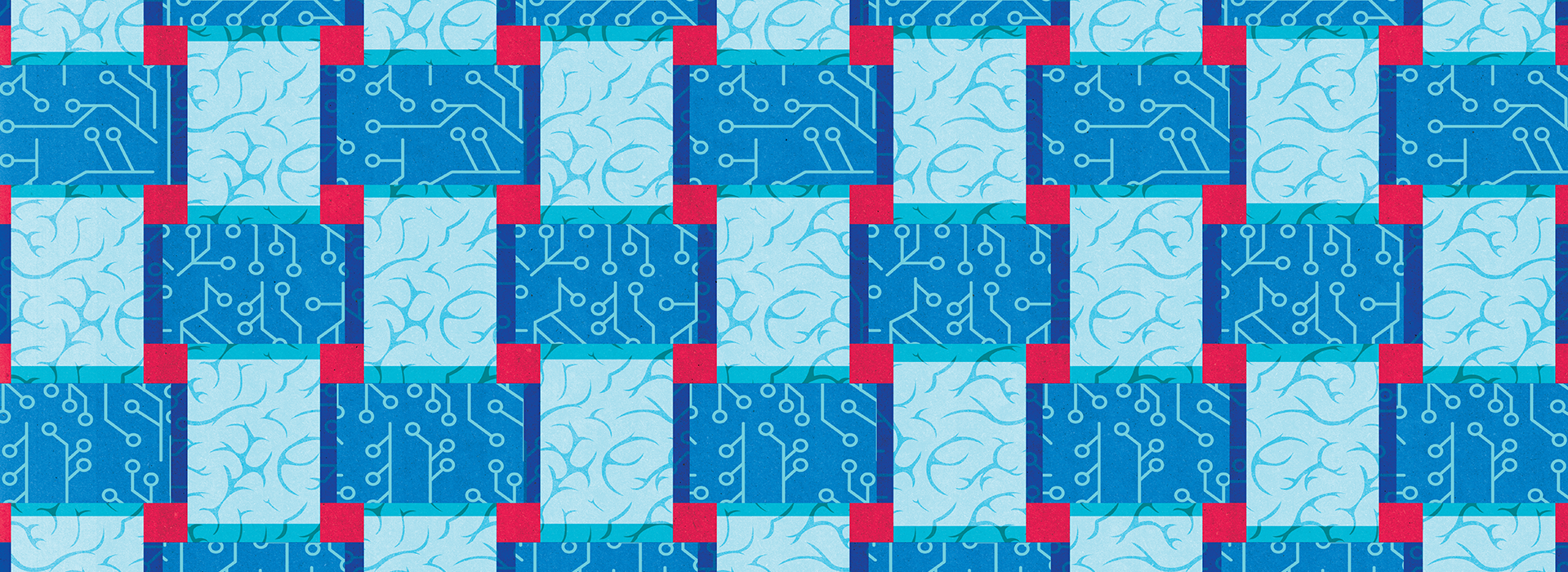By: Krista Davidson
4 Nov, 2019

The CIFAR Learning in Machines & Brains program, which played a major part in the AI revolution by examining how artificial neural networks could be inspired by the human brain, has been awarded a $475,000 USD grant from the Alfred P. Sloan Foundation to support new research on causality.
The grant will advance new understanding of causal representation learning with the long term goal of developing versatile structural causal models, which enable machines to perform multiple tasks in multiple environments using the same datasets.
Many of today’s industrial applications rely on supervised reinforcement learning. This form of machine learning requires humans to spend a lot of time labeling large amounts of data that are used to help machines perform a single task. In some circumstances, labeling large datasets for a single task is not feasible, due to cost or time constraints. Causal representation learning will create more efficient, robust systems that are able to solve a range of real-world problems with pre-existing datasets rather than rebuilding new datasets that serve single tasks or environments.
“CIFAR is pleased to receive the generous support from the Alfred P. Sloan Foundation which will advance the boundaries of AI research,” said Dr. Alan Bernstein, CIFAR’s president & CEO. “Thanks to the Foundation’s support, the Learning in Machines & Brains program will continue to advance new knowledge in artificial intelligence that will address AI’s current limitations and produce more efficient real-world technologies.”
“Time and again, CIFAR has facilitated groundbreaking research on AI,” says Daniel L. Goroff, vice president and program director at the Sloan Foundation. “The challenge now is to develop machines that can learn based on causal inferences rather than on statistical correlations only. Sloan is pleased to help support CIFAR’s Learning in Machines & Brains program’s collaborative and interdisciplinary work on issues of such critical importance to society.”
The Learning in Machines & Brains program, led by Co-Directors Yoshua Bengio (Université de Montréal, Mila, Element AI), and Yann LeCun (New York University, Facebook AI Research) work with a team of 26 CIFAR fellows from academic institutions around the world. The fellows come from computer science, neuroscience, bioinformatics and computational biology, with oversight by a prestigious committee of advisors.
CIFAR’s Learning in Machines & Brains program (formerly known as the Neural Computation and Adaptive Perception) was one of the first research programs dedicated to AI. It played a significant role in establishing Canada as a world leader in AI. The early programs pioneered global understanding of artificial neural networks, teaching computers to mimic human intelligence. In 2017, the Government of Canada appointed CIFAR to develop and lead the Pan-Canadian AI Strategy, the world’s first national AI Strategy.
CIFAR is a Canadian-based global charitable organization that convenes extraordinary minds to address the most important questions facing science and humanity.
The Alfred P. Sloan Foundation is a philanthropic, not-for-profit grant making institution based in New York City. The Foundation makes grants in support of original research and education in science, technology, engineering, mathematics, and economics.
Notifications